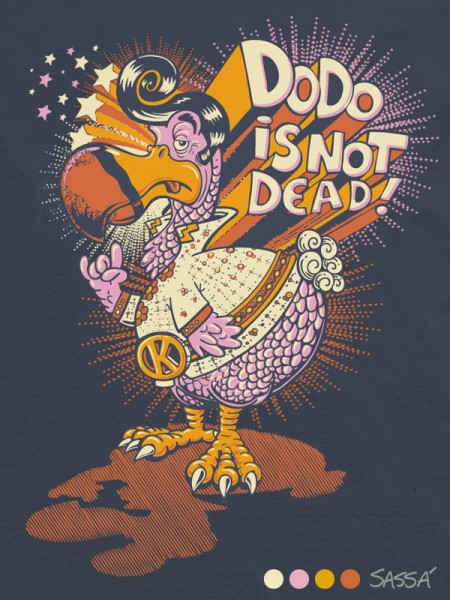We at mFC have been vocal supporter of Anup Singh’s Punjabi film Qissa. We not only loved and recommended the film, but we put it in our mFC’s Must-Watch list also. So it was bit shocking to us when he was accused of not crediting the original source of the story. A Facebook post by theatre actor and co-founder of Why Loiter? Mumbai, Neha Singh, has gone viral in the last few days. We are copy-pasting the post here –
It’s disappointing that the makers of the film Qissa forgot to give credit to the marvelous Rajasthani writer Vijaydan Detha on whose short story ‘Dohri Zindagi‘ the film is based. Vijaydan Detha (1926-2013) is a par excellent Indian writer who wrote in Rajasthani and on whose stories filmmakers Mani Kaul (Duvidha), Amol Palekar (Paheli) and Prakash Jha (Parinati) have made films. Dohri Zindagi is a story of a man who raises his daughter like a boy, hides the fact that she is a girl from everyone is the village and then marries her off to another girl. When the bride realizes her husband is a woman, she is devastated, but she decides to stick with her. Both of them run away, while the villagers try to kill them, and a ghost comes as their saviour. When the girl that was raised as a boy pleads with the ghost to turn her into a man, he does so. As soon as the girl turns into a boy, she tries raping the wife.
It is unfortunate that the credit wasn’t given, because the filmmakers are depriving the young audiences in getting acquainted with this literary stalwart. When I went to see the film, the young film buffs sitting besides me exclaimed ‘what a concept’, ‘how revolutionary’, without knowing that this story was written by a simple Rajasthani writer in a village many decades ago. Vijaydan Detha is a Padma Shri and Sahitya Academy award recipient as was nominated for the Nobel Prize in 2011. He wrote over 1300 poems and over 300 short stories. His works have been translated in Hindi and English but its a pity hardly anyone knows about him. But everyone knows about Chetan Bhagat.
The original post is here.
Anup Singh has now clarified his stand on this credit controversy in another Facebook post. This is his post –
Anyone who has seen Qissa must feel the intimate, personal nature of the tale. It’s a thing difficult for me to mention, but please keep in mind that I grew up a Sikh in Africa. The long hair and the frail body of a teenaged boy in a culture unfamiliar with Sikhism often led, as you might imagine, to traumatic experiences. And surrounding that, the refugee tales of my grandfather of lost relatives, of old ghosts coming alive in the telling — these are the real secret threads of Qissa.
It’s always wondrous how these little threads of a personal lived experience, the tales of our forefathers lead us to weave stories that evoke and dialogue with other intense experiences become tales in other cultures. There are African tales of girls living as men, there are similar Egyptian and Moroccan and Turkish tales. And tales in Spain …
Qissa is my childhood, my response to the violence of our time, my putting the ghosts of my grandfather and other relatives to rest.
Please do not reduce our imagination to a single reading or a single tale. We are all many tales, many possibilities.
You can read the post on FB here.










